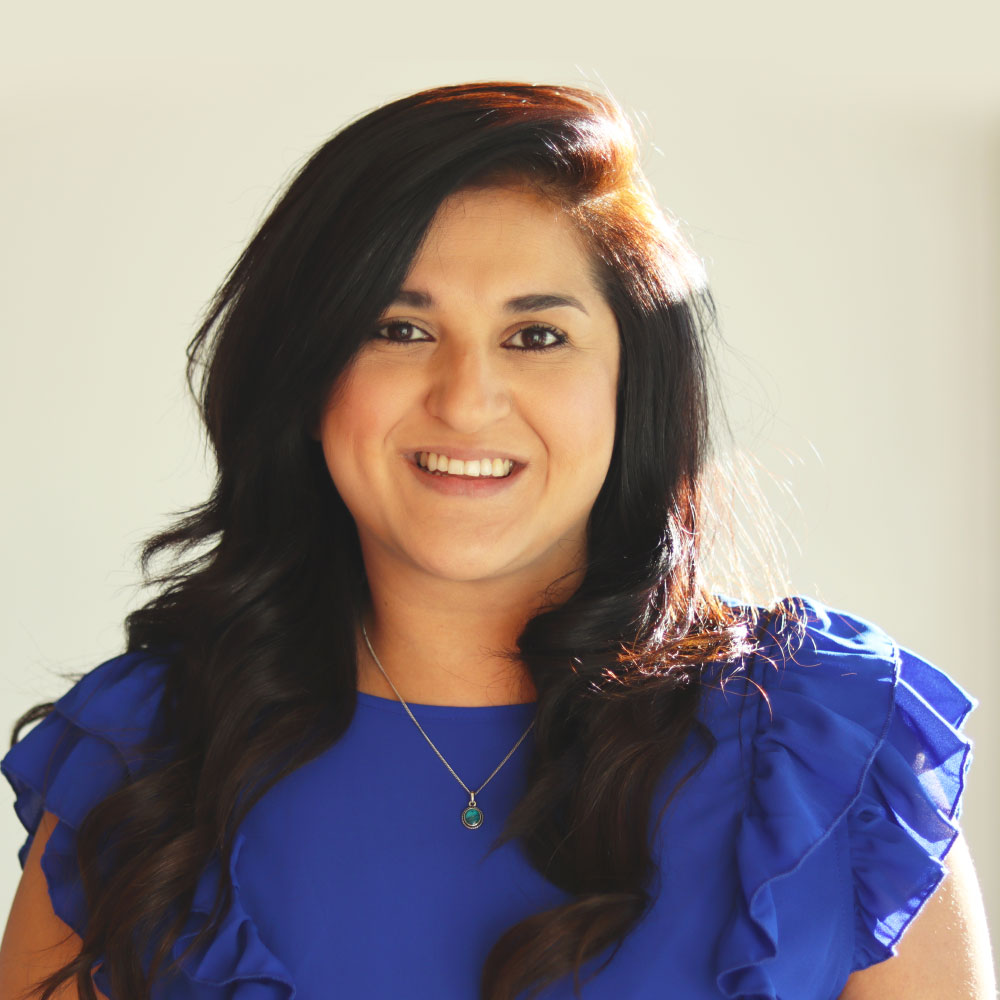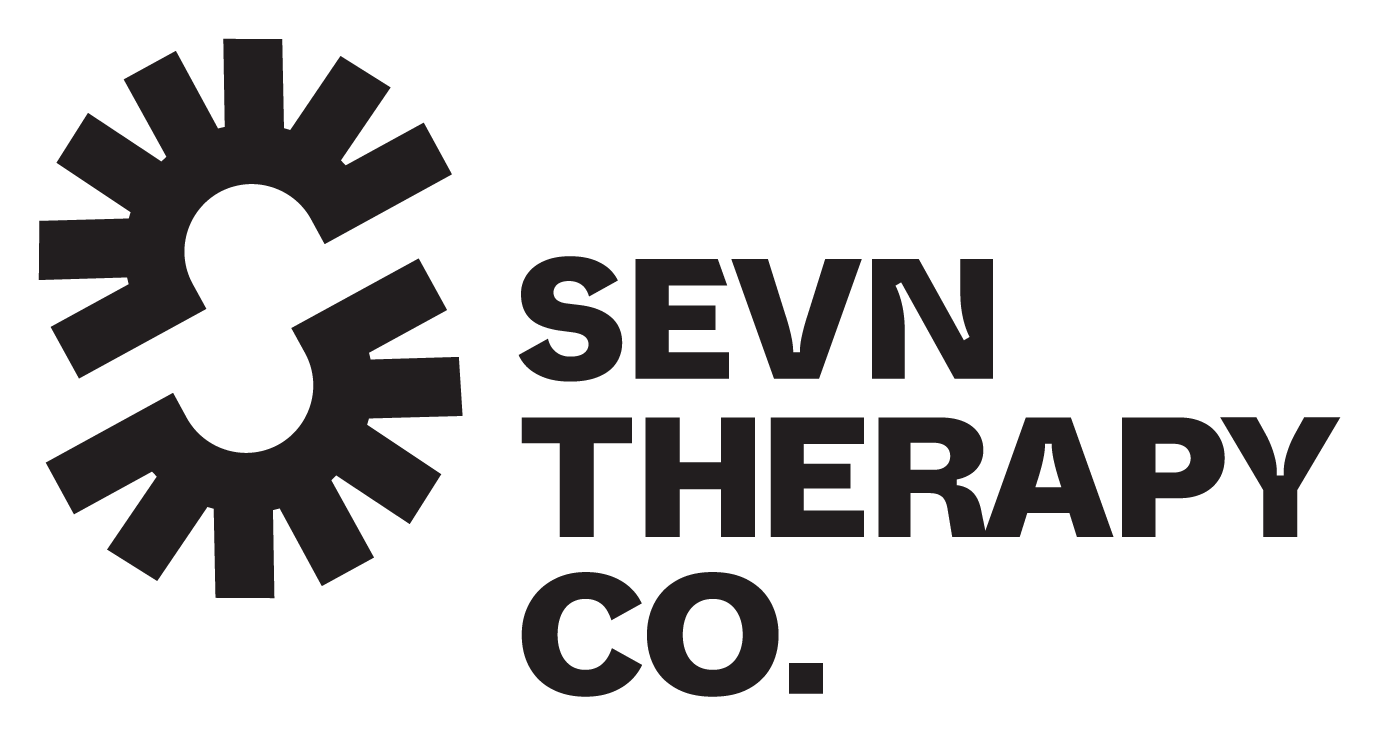A Family Counselor Answers: Is my family toxic?

“Family is supposed to be our safe place. Very often, it’s the place where we find the deepest heartache.” – Iyanla Vanzant
Woah, what a gut-wrenching question! So, how can you tell if your family is toxic? Well, we’re going to look at some of the most telltale signs to see what a “toxic family” may look like. We will look to find out whether there are certain criteria needed to be classified as a “toxic family.”
Before we begin, it is important to note that because toxicity is evident in families with abuse patterns, we will negate talking about families plagued with abuse in this article. Instead, we will be looking at families that have latent tendencies of toxicity. The families in which an individual may feel loved and taken care of but has a perturbed sense that their family is different than most.
Toxic families are families in which there is discord amongst family members. There may be a lack of trust, acts of manipulation, false accusations, little responsibility taken, and more. In these cases, people may tend to stay further away from family members – sometimes even completely cutting ties with the family. However, it is important to note that toxicity arises in families when there are overly attached/enmeshed relationships in which the members of the family don’t have their own identity or autonomy.
Common Behaviors in Toxic Families:
- Controlling behaviors
- Hypercritical
- Lacking empathy
- Lying – gaslighting
- Playing the victim
- Abandoning when you need them
- Passive-aggressive
- Using the silent treatment
- Lacking boundaries
- Manipulative
- Over-sharing
- Creating fear
- Guilt-tripping
- Emotionally reactive
- Covert bullying
- Chronic disrespect
Dysfunctional Roles of Family Members:
- The Addict – the individual around whom the family’s focus revolves around. These individuals will use all the above-mentioned signs of toxicity to get what they want.
- The Codependent/Enabler – the person who stays in the relationships because they get validated by being needed by the addict and other family members. This person desperately seeks love and approval and can be manipulative, use guilt-trips, gaslight, be passive-aggressive, play the victim and more.
- The Hero/Golden Child – is usually the oldest child is looked at as perfect. In dysfunctional families, if the hero isn’t always perfect, they are condemned for being a failure, and are burdened by grief, insecurity and are criticized much more harshly.
- The Scapegoat – in dysfunctional families, this is the person who is blamed for all the family’s problems, no matter what the problem is. These individuals are usually cast away, leaving them feeling rejected, unlovable, and isolated.
- The Peacemaker/Mediator – individual who is constantly trying to resolve conflicts and takes on responsibilities of others. This person sometimes even denies the problem or its severity to maintain the peace.
- The Mascot – the individual in a dysfunctional family that uses comedic relief to placate the family. This person likely deals with anxiety and trauma and uses humor to hide their fears.
- The Lost Child – the child that steers clear of the family drama as much as they can. They are usually withdrawn, lonely, yearning for love and attention, and must learn to fend for themselves.
When should you see a family counselor?
If you feel like you were raised in a toxic/dysfunctional family or are currently a part of a toxic family environment, reach out to me by using this link or by calling our office at 817-778-0522 so that we can start working on healing from some childhood family trauma. Together, we will develop tools that you can use to navigate and learn to cope with the current toxic family members in your life. Conveniently located in Colleyville, Texas, I am a licensed professional working in the field of marriage and family therapy. Give me a call today and let’s get you scheduled for a session tomorrow!

Sonia Noorany, LPC-Associate
Supervised by Scott Martindale, LPC-S



